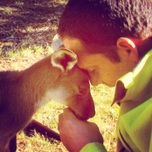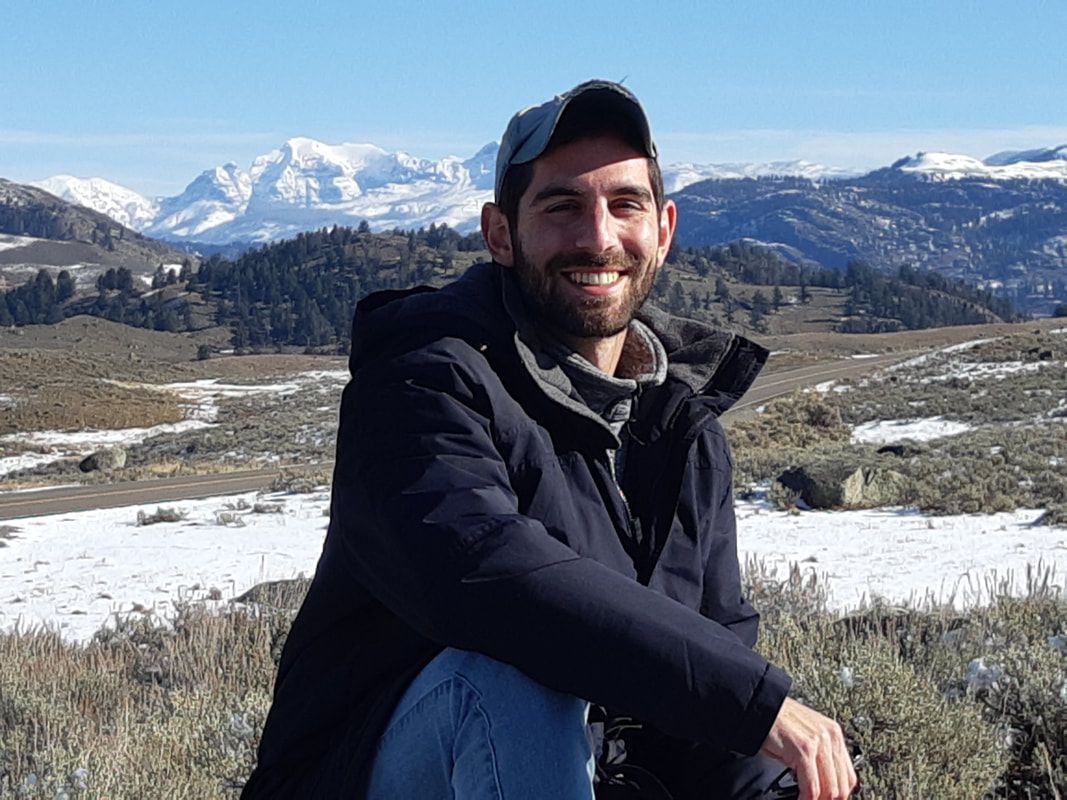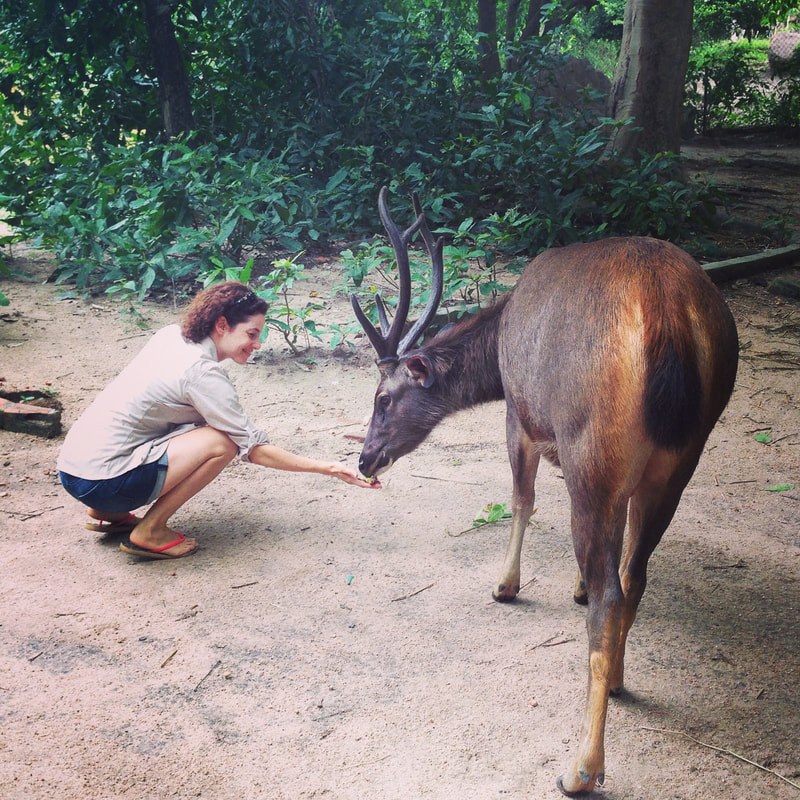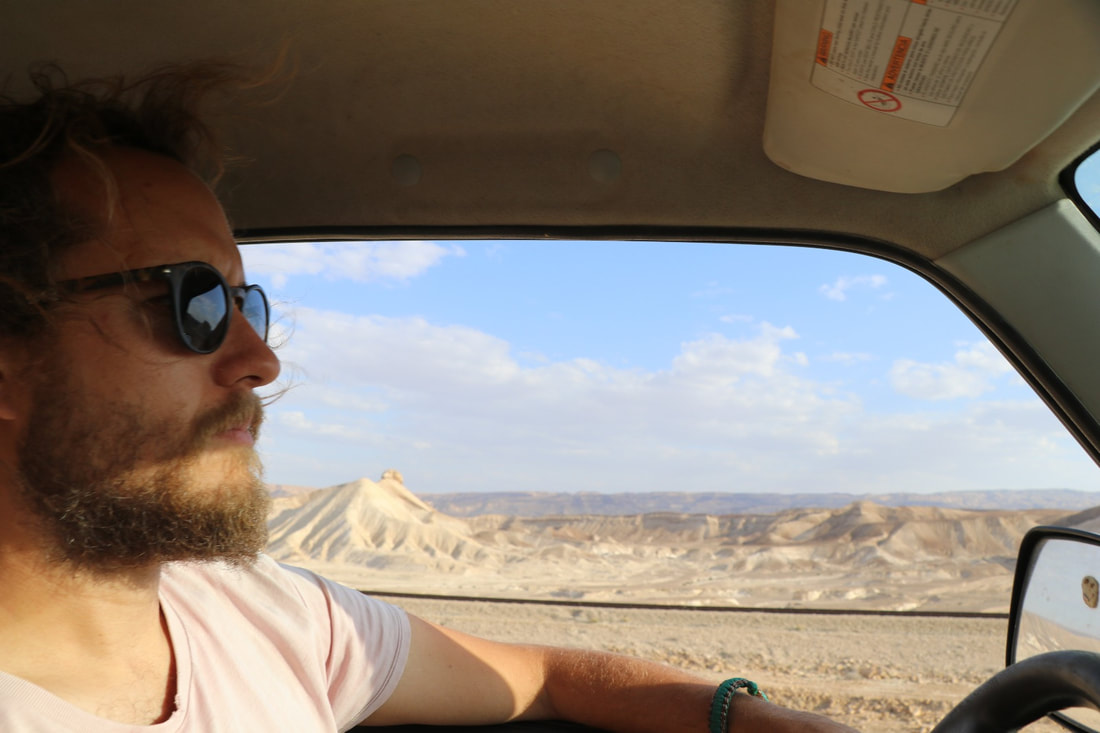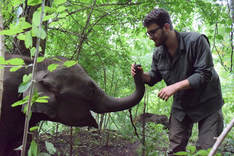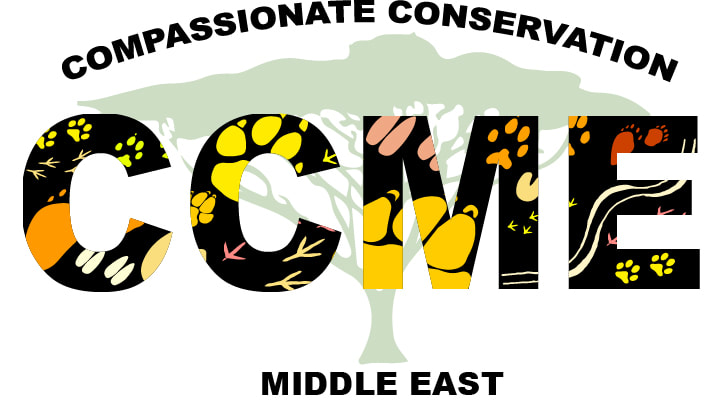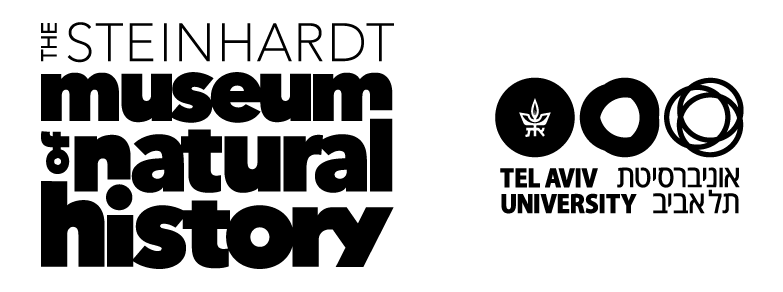Students
Shlomo Preiss BloomOriginally a mechanical engineer, my lifelong passion and fascination with wildlife have led me to pursue an M.Sc in Zoology at Tel Aviv University. I am currently studying the Indian wolf (canis lupus pallipes) population in the Golan Heights of northern Israel. In my master’s research I am analyzing the extent to which human persecution of wolves is affecting trophic cascades in the Golan Heights. This study compares “safe zones” such as nature reserves and minefields – in which wolves are relatively undisturbed by humans – to “dangerous zones” closer to human settlements and agricultural areas, in which wolves are shot. By deepening our understanding of wolves’ profound ecological role in the Golan Heights and cooperating with ranchers, we aim to conserve the wolves and the ecosystem they call home.
|
Rona Nadler ValencyWildlife veterinarian (DVM), rehabilitator (CWR) and PhD student, Tel-Aviv University.
Growing up I believed I could aid wildlife through medicine. I graduated veterinary school in 2007 after spending each summer doing various voluntary work with wildlife at different zoos and in the field (South Africa). After vet school I travelled to Kenya to assist in lion research and incidentally operated a local primate rescue center (Colobus Trust), where I was introduced to human-wildlife interactions. Once I returned to Israel, I was fortunate to be part of the founding years of the Israeli Wildlife Hospital which treats thousands of wildlife casualties each year. However, medicine was not enough to alleviate the pain I felt wildlife was experiencing as a cause of interactions with humans. I searched (still am) for a higher point of influence. I began studying reconciliation ecology and am currently involved in research and creating projects dealing with human-carnivore (hyaena and wolf) interactions and conflicts within the course of my PhD studies. I am also presently establishing a wildlife rehabilitation center in Israel’s northern Galilee. |
Gavin BonsonI’m a PhD student from the Centre for Compassionate Conservation at the University of Technology Sydney, Australia. My passions and interests have always been focussed around nature conservation and animal welfare, so the Compassionate Conservation community is one which I am truly grateful to be a part of. My PhD research focusses on wolves in the deserts of the Middle East, and the important ecological roles they play. Human attitudes towards wildlife, and predators in particular, are diverse throughout the Middle East. Such attitudes are often formed by social and cultural norms, human landscape-use and agricultural practices; and these vary considerably. My PhD research has been focussed on the Arabian wolf on both sides of the Israel-Jordan border in the Arava Valley, and in the adjacent Negev Desert of Israel. I am currently writing a review on the current conservation status of this endangered grey wolf subspecies throughout the deserts of the Arabian Peninsula and the Levant, and suggestions on how this can improve. From here, I will continue writing my thesis, which will focus on the important ecological roles played by these wolves, as apex predators, across the Negev Desert (including the Arava). Through limiting the abundance and modifying the behaviour of prey and smaller predators, apex predators such as wolves can help shape ecosystems. By using spatial and temporal modelling and behavioural analyses from camera-trap data, we will see how wolf interactions with other species help shape the ecosystems in the Negev.
|
Jacob DembitzerMy research in the field of elephant communication has lead me to take an interest in the lives of individual animals and how they are effected by human populations. In acknowledging the importance of individuals in a community, I feel that this opens us up to different perspectives. Both in our relationship to communities of wild animals, and communities of species considered invasive which are often grossly mismanaged.
|
